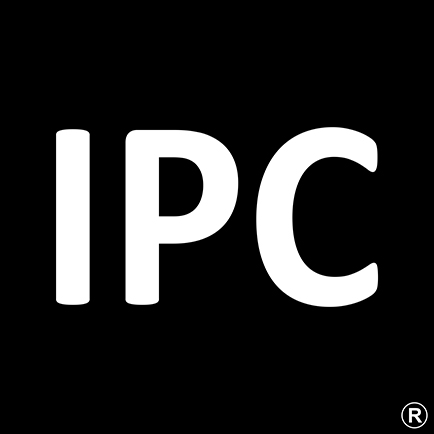Rigid and flexible PVC extrusion is widely utilised in the automotive component manufacturing industry. This is because extruded PVC products are not only durable, uniform and easy to produce en masse in a cost-effective manner, but they are also highly customisable.
Let’s take a look at why extruded PVC is the go-to in automotive parts manufacturing.
Durability
The first thing to note about PVC is that it is well-known for its excellent resistance to wear and tear. This makes it an ideal material for automotive components because it can withstand various temperatures, UV radiation and moisture without degrading.
Materials in the automotive industry need to pass the highest quality standards and thus must be able to withstand long-term exposure to harsh elements without compromising their integrity and performance. PVC is ideal for this.
Whether extruded or injection-moulded, the durability of PVC translates to fewer replacements and repairs, making it an ideal solution for car manufacturers.
Cost-Effectiveness
PVC is already a cost-effective material, but when it’s extruded, it becomes even cheaper to manufacture products. The extrusion process is highly economical as it facilitates the mass production of components with minimal waste.
This helps automotive manufacturers deliver large quantities of uniform products made from a reliable and cost-effective material in a way that keeps production costs low while maintaining consistently high quality standards.
When you can extrude PVC into more complex shapes, this further enhances the value of the material and the process, as manufacturers are then able to create tailored designs for various specific vehicle components at a much lower cost than would otherwise be achievable.
Versatility
The versatility of PVC makes it a suitable material for a wide range of automotive applications, whether you’re talking about seals, window gaskets, interior trims, or wiring insulation.
PVC can be extruded into both rigid and flexible forms, giving manufacturers many different application options. This versatility is a huge advantage for manufacturers who need to produce a variety of different automotive components in a cost-effective manner.
Chemical and Flame Resistance
While we’ve discussed the durability of PVC, one of its notable key features is its high resistance to chemicals and flames.
The excellent chemical resistance offered by PVC makes components manufactured from this material highly functional and safe for use in an automotive environment.
The inherent flame-retardant properties of the material, which can be further enhanced through special compounds, offer PVC a significant advantage over other materials as it reduces fire risks. This helps automotive component manufacturers align with industry regulations to deliver safe products for consumer use.
Whether you’re looking for rigid or flexible PVC extrusion compounds, IPC can deliver. Get in touch to learn more about our extensive selection of PVC compounds for the automotive industry and beyond.


